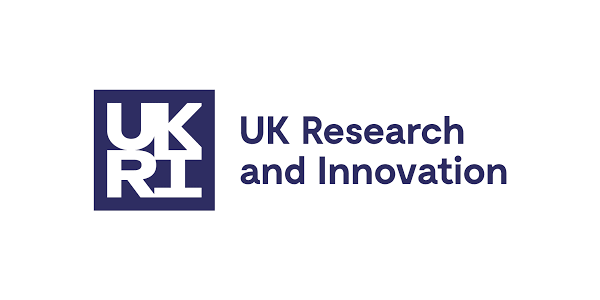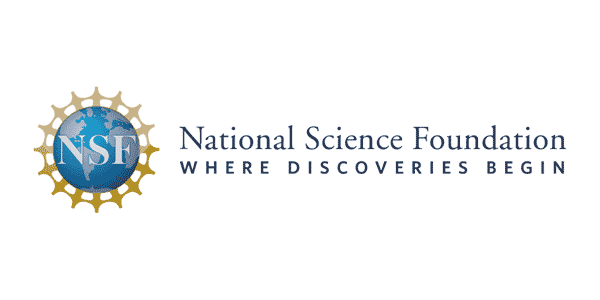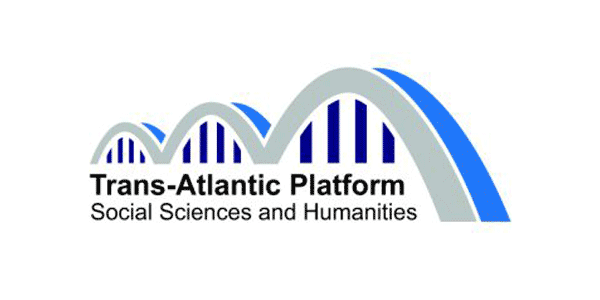Media serve as important sources of information about health, and their role increases during public health crises. The way media select and present information during a crisis can have a significant impact on public attitudes and behaviour; it can encourage social cohesion and compliance with public health measures, or alternatively saw division and distrust. The presence of populist leaders obstructs the capacity of media organisations to engage in effective health crisis communication. Given the growing appeal of populism globally, we urgently need a better understanding of how populism affects health crisis communication.
About
This multi-country project will develop the first comparative study of health crisis communication in the context of populist politics, bringing significant advances in knowledge at the intersection of political communication and public health.
Research
PANCOPOP is designed to use a combination of four key methods – elite interviews, media policy analysis, quantitative and qualitative media content analysis, and population surveys – alongside analysis of publicly available secondary data.
People
Based on a transnational research partnership, this project is led by Professor Sabina Mihelj. The research team involves five Principal Investigators, four researchers and a project administrator, based in Brazil, Poland, UK, and USA.
Funders




